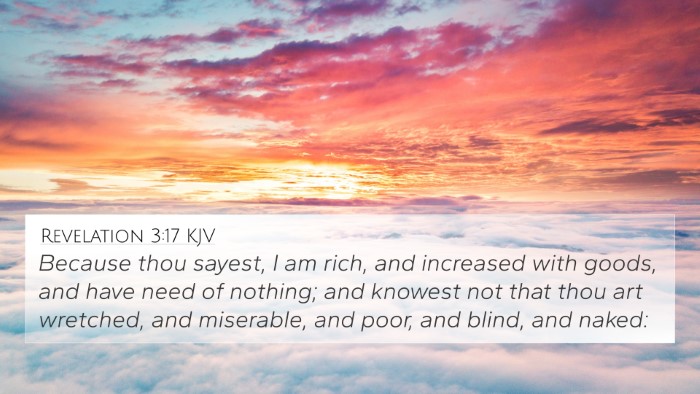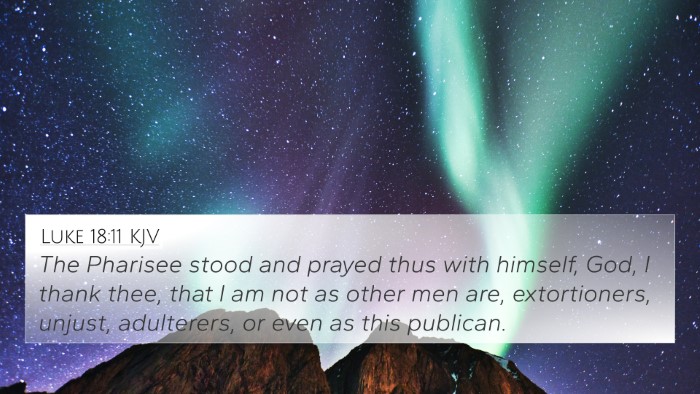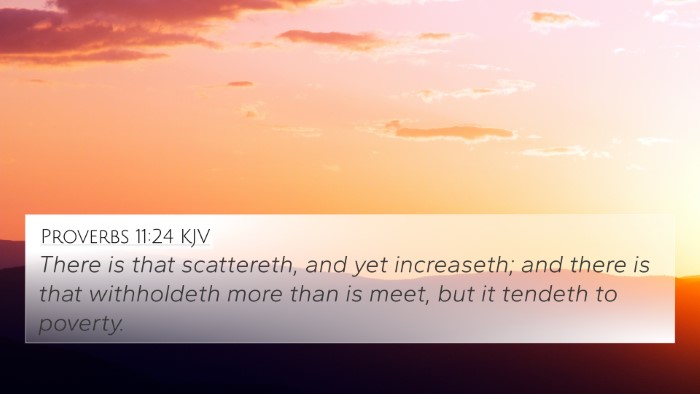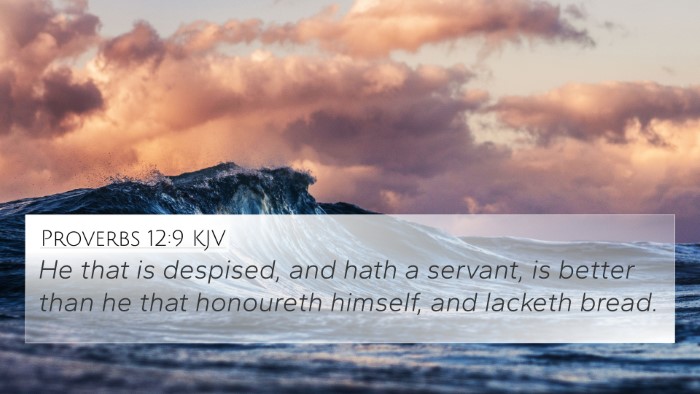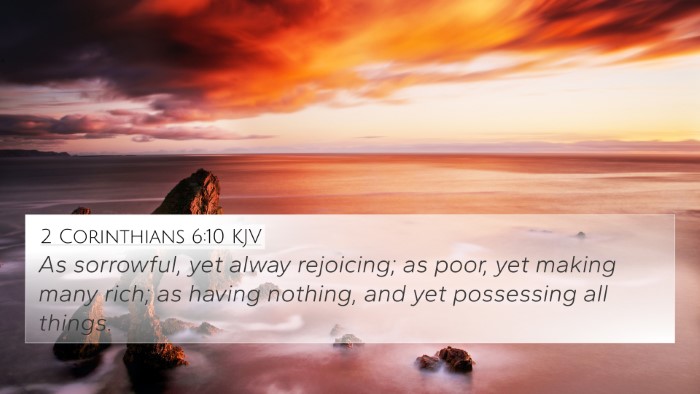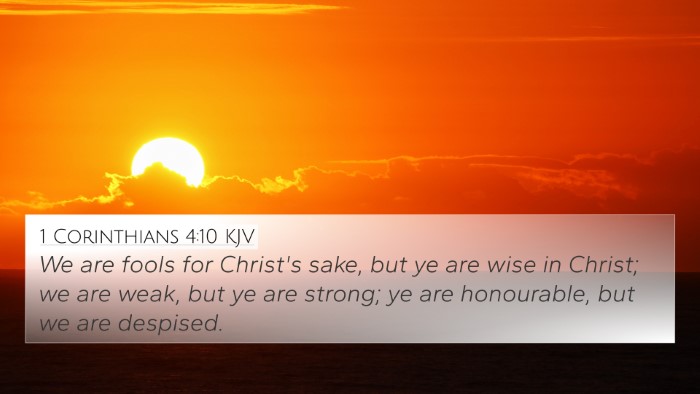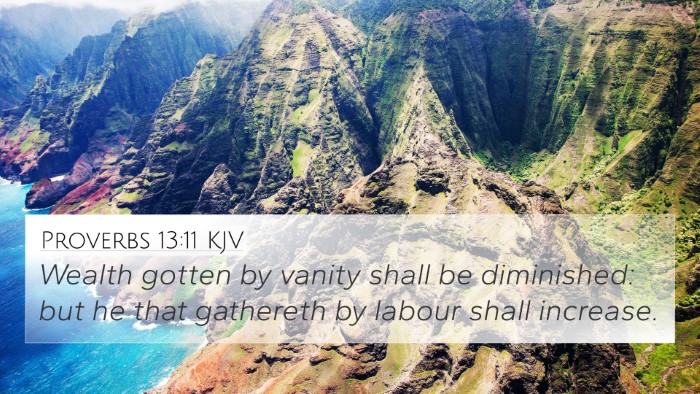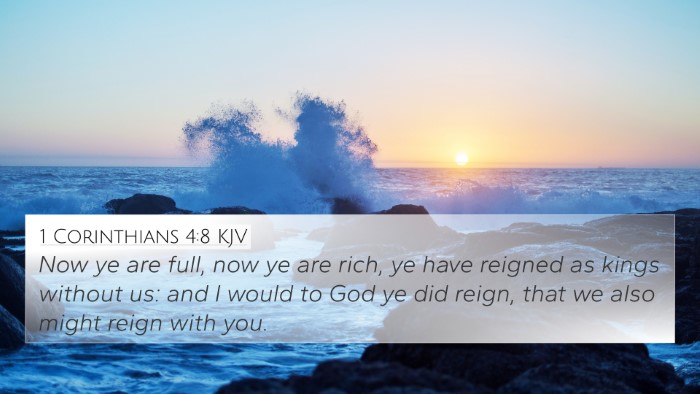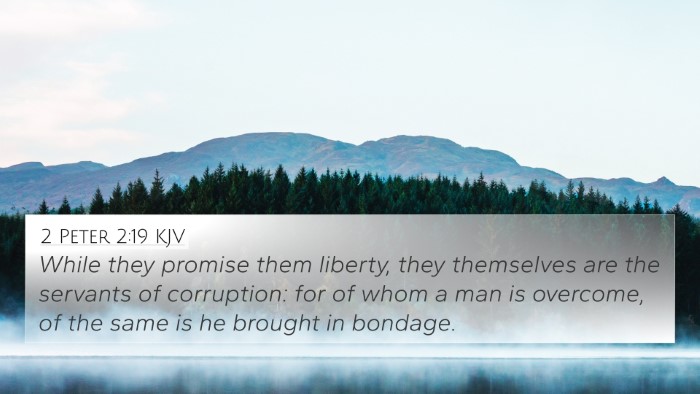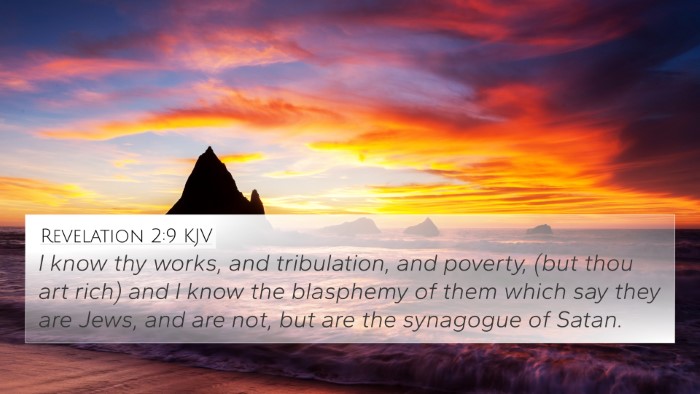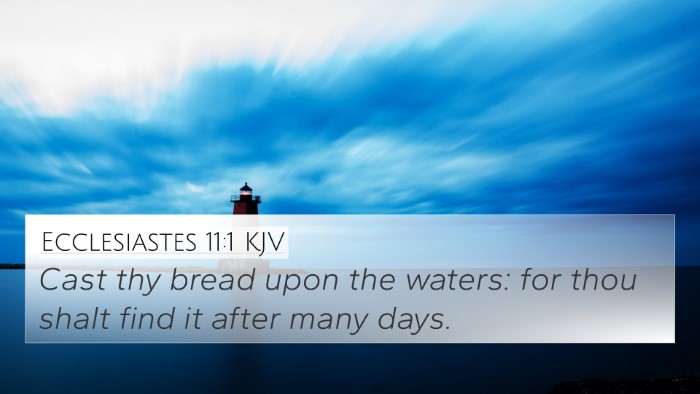Understanding Proverbs 13:7
Proverbs 13:7: "There is that maketh himself rich, yet hath nothing: there is that maketh himself poor, yet hath great riches."
This verse presents a profound dichotomy regarding wealth and poverty, illustrating that one's material possessions don't necessarily reflect true wealth in life. The wise sayings of Solomon often delve into themes that contrast appearances with deeper realities, guiding readers in their understanding of the true value of resources.
Summary of Insights
- Matthew Henry's Commentary: Henry emphasizes that the pursuit of riches, devoid of righteousness, leads to emptiness. He suggests that those who may appear wealthy yet lack spiritual or moral depth have ultimately nothing of real value. Conversely, individuals who choose humility and simplicity may possess profound spiritual wealth.
- Albert Barnes' Commentary: Barnes highlights the folly of those who believe that wealth brings true happiness. He notes that the one who is poor in material goods yet rich in virtue, wisdom, or relationships actually has the greater treasure. This verse thus serves as a caution against valuing material wealth over spiritual or relational richness.
- Adam Clarke's Commentary: Clarke notes the contrast in perspectives on wealth, suggesting that true riches are found in relationships, faith, and character, rather than mere possessions. He interprets this verse to encourage individuals to seek virtue and character over material gain.
Thematic Connections in Scripture
This proverb opens a dialogue about wealth throughout the Bible. Here are several relevant cross-references that further elaborate on the themes of riches and spiritual wealth:
- Proverbs 11:4: "Riches do not profit in the day of wrath, but righteousness delivers from death." - This verse reinforces the message that righteousness is paramount compared to material wealth.
- James 2:5: "Listen, my beloved brethren: Has God not chosen the poor of this world to be rich in faith and heirs of the kingdom which He promised to those who love Him?" - A reminder that true wealth in God's economy often belongs to the humble and faithful.
- Matthew 6:19-21: "Do not lay up for yourselves treasures on earth... For where your treasure is, there your heart will be also." - A call to focus on eternal treasures rather than temporal wealth.
- Luke 16:19-31: The parable of the rich man and Lazarus serves as a narrative contrast to worldly riches versus spiritual poverty.
- 1 Timothy 6:9-10: "But those who desire to be rich fall into temptation and a snare, and into many foolish and harmful lusts which drown men in destruction and perdition." - Highlights the dangers of the love of money.
- Proverbs 10:15: "The rich man's wealth is his strong city; The destruction of the poor is their poverty." - Suggests the complacency that wealth can bring, contrasted with the struggles faced by the poor.
- Ecclesiastes 5:10: "He who loves silver will not be satisfied with silver; Nor he who loves abundance, with increase." - A reflection on the insatiability of material wealth.
Tools for Cross-Referencing
To dive deeper into concepts like those highlighted in Proverbs 13:7, consider utilizing tools for Bible cross-referencing. These can enhance one’s understanding and study of scripture:
- Bible Concordance: A useful resource for locating verses based on keywords.
- Bible Cross-Reference Guide: Guides that help draw connections between verses and themes across the scripture.
- Cross-Reference Bible Study: Methods for engaging with the text that explore interconnections and thematic parallels.
- Bible Chain References: Systems that lead you through interconnected verses in a structured format.
- Comprehensive Bible Cross-Reference Materials: Include software, books, and online resources designed for in-depth scriptural study.
Exploring Inter-Biblical Dialogue
Understanding the connections between Bible verses can significantly enrich personal study and sermon preparation. Engaging in comparative Bible verse analysis allows for a breadth of understanding, uncovering themes such as:
- The relationship between Old Testament teachings and New Testament principles.
- Similarities between the teachings of Jesus and the wisdom literature of the Old Testament.
- Links between the prophets' messages and the apostolic teachings.
Cross-referencing Psalms with New Testament teachings to grasp deeper spiritual insights.
Conclusion
Proverbs 13:7 challenges us to reflect on the nature of true wealth. By utilizing Bible verse cross-references, believers can uncover deeper meanings connecting various passages and themes throughout scripture. This holistic approach not only enriches individual study but also fosters a greater understanding of the biblical narrative and its implications for daily living.



